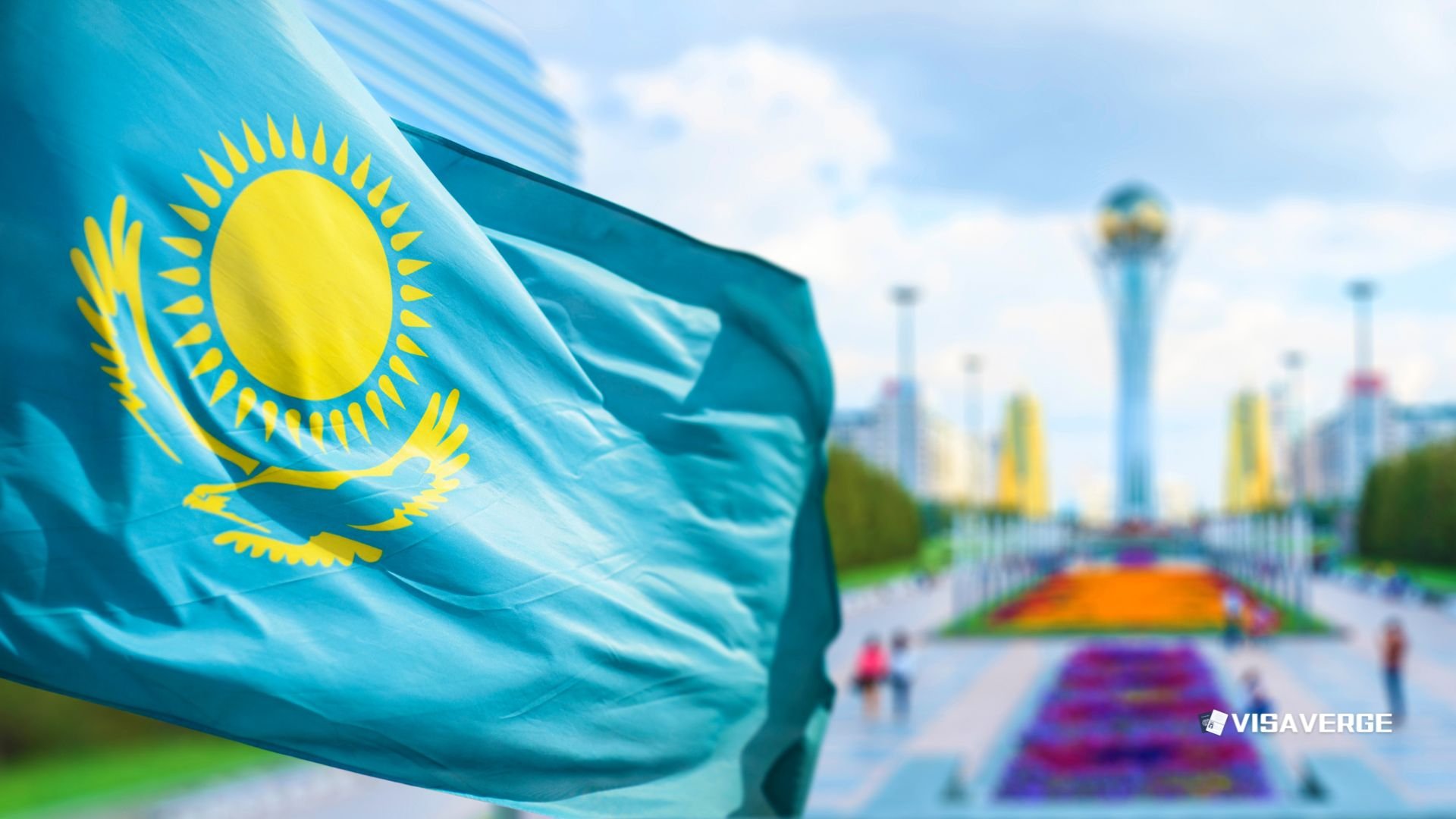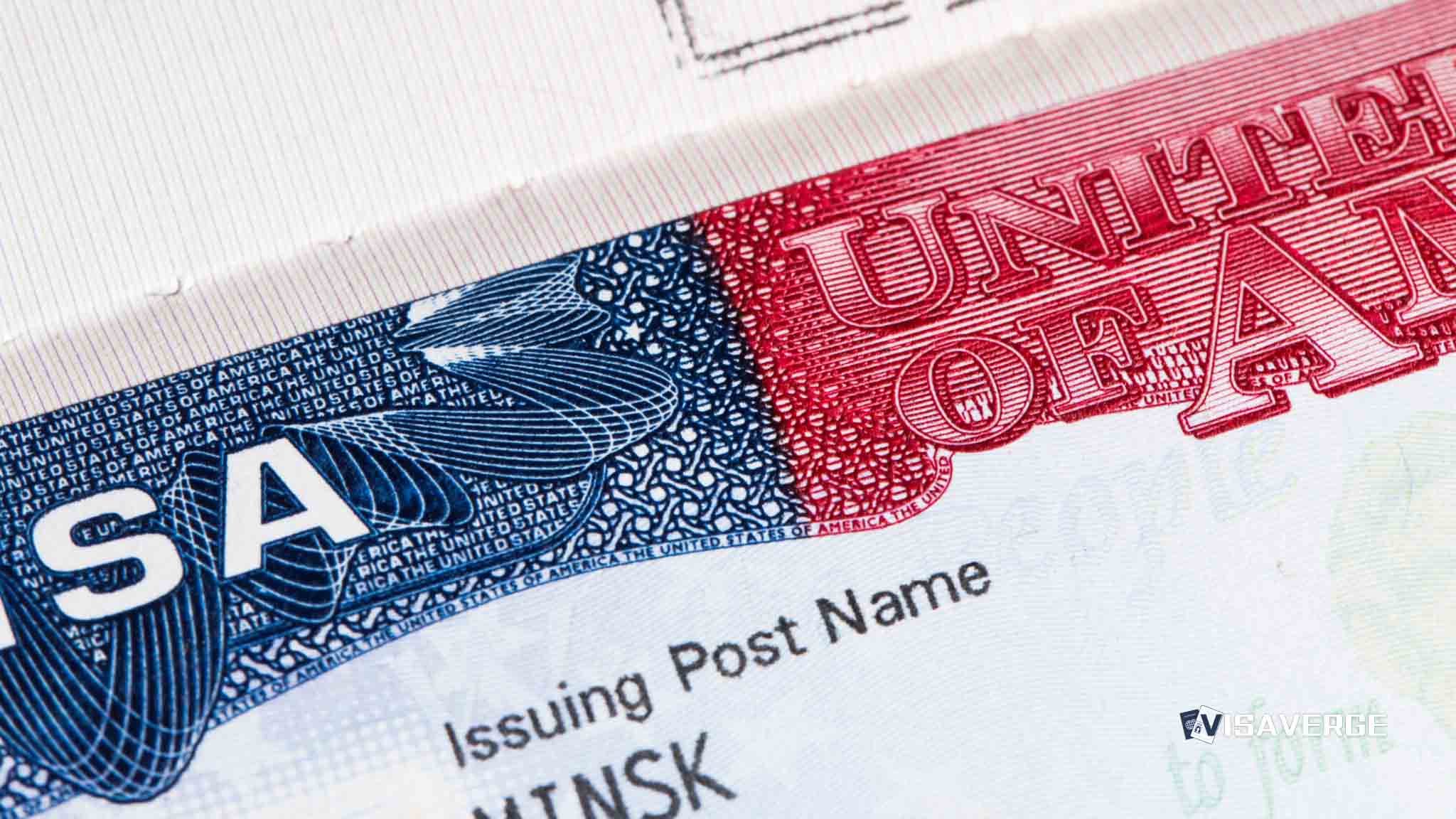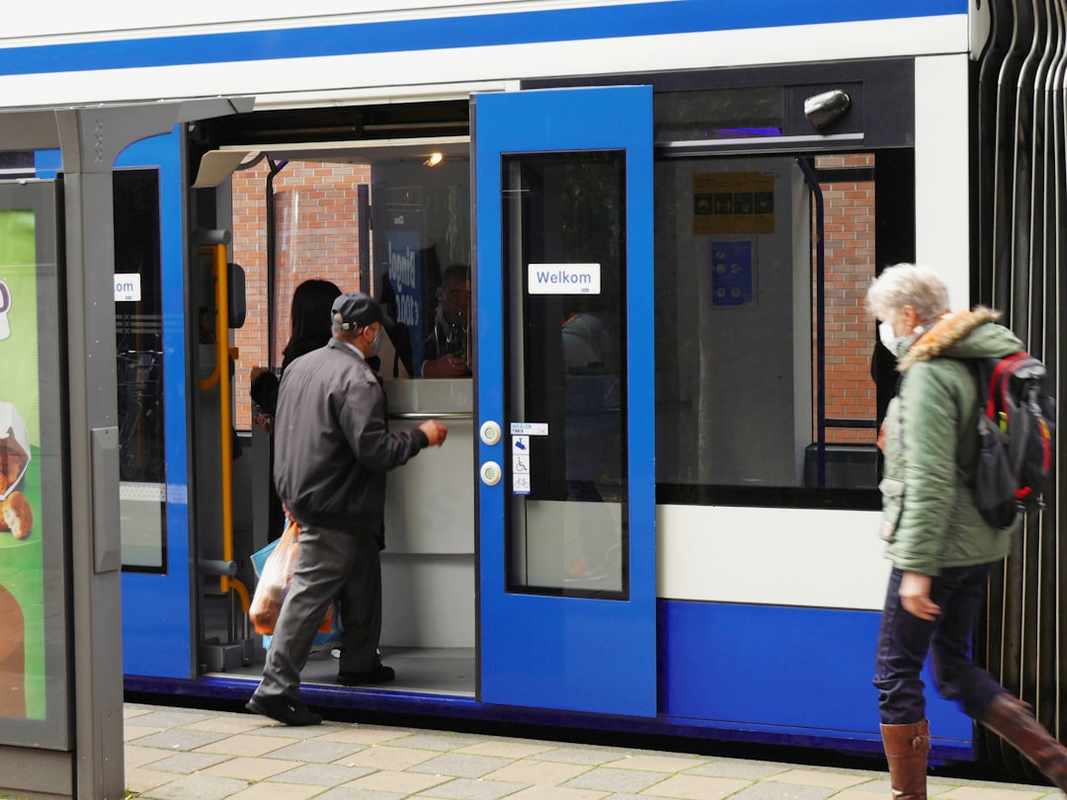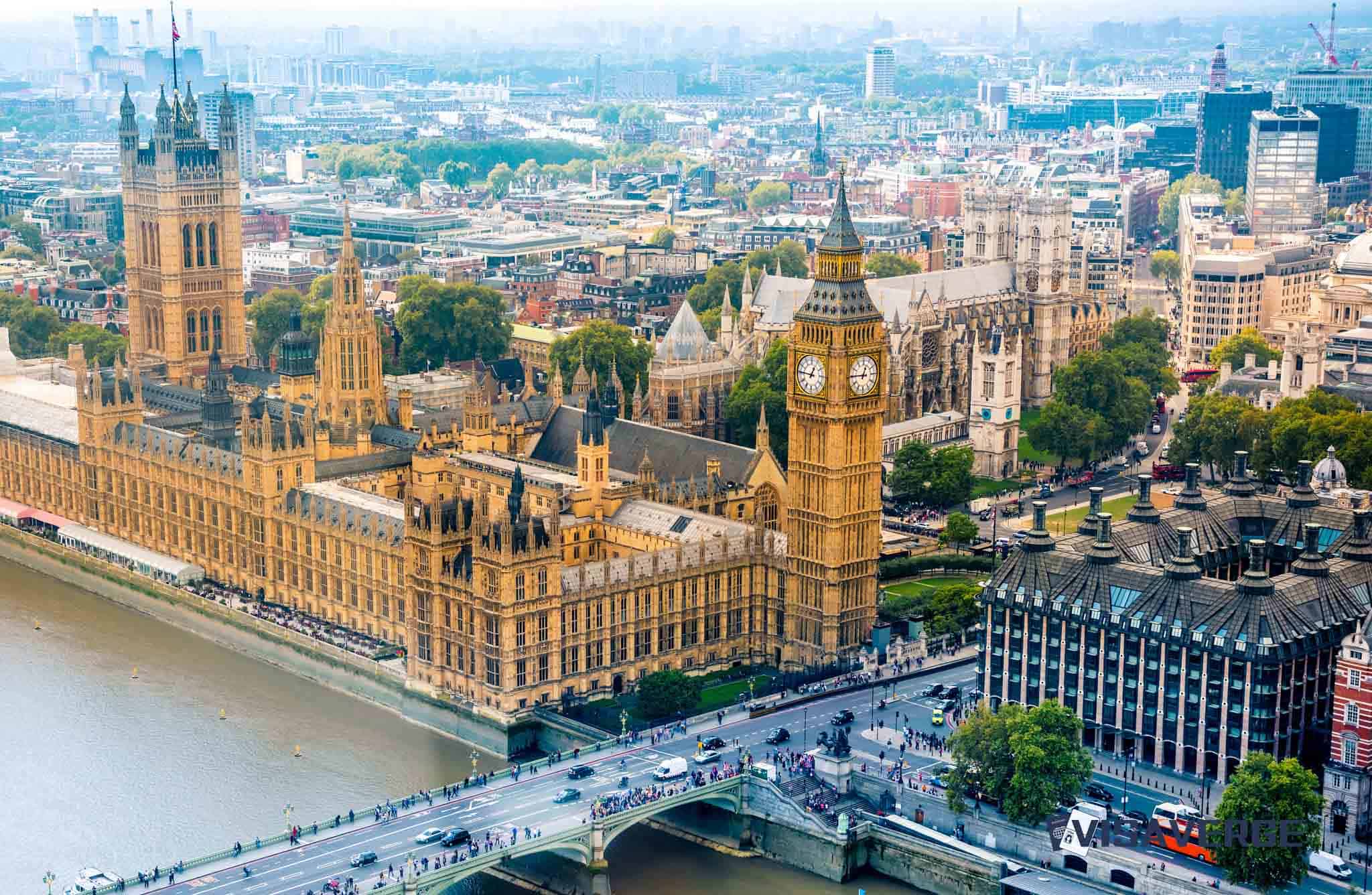Key Takeaways
• Kazakhstan submitted 179,446 Schengen visa applications in 2024, a 12.81% increase from 2023.
• Germany received 45,094 applications from Kazakhstan in 2024, with an 84.49% approval rate.
• EU-Kazakhstan visa facilitation talks approved in April 2025 promise faster processing and lower fees.
Kazakhstan’s Surge in Schengen Visa Applications: An Analytical Overview with Germany as the Top Destination
Purpose and Scope

This analysis examines the sharp rise in Schengen visa applications from Kazakhstan, focusing on the period from 2024 to mid-2025. It explores why Germany has become the top destination for Kazakh travelers, reviews recent policy changes, and considers the practical effects for applicants. The report draws on official statistics, government policy updates, and expert commentary to provide a clear, unbiased picture of current trends and what they mean for travelers, policymakers, and visa authorities.
Methodology
The analysis uses official data from Schengen visa statistics, European Union policy documents, and government announcements from Kazakhstan and Germany. It reviews application and approval numbers, policy developments, and the broader context of Kazakhstan-EU relations. The report also considers perspectives from applicants, government officials, and visa authorities to present a balanced view. All figures and claims are sourced from the most recent data available as of July 7, 2025.
Key Findings
- Kazakhstan submitted 179,446 Schengen visa applications in 2024, a 12.81% increase from 2023, marking the highest number in a decade.
- Germany received 45,094 applications from Kazakhstan in 2024, making it the top Schengen destination for Kazakh travelers.
- Germany’s approval rate for Kazakh applicants was 84.49%, but it also had the highest number of rejections in absolute terms.
- Kazakhstan ranked 16th globally in Schengen visa applications in 2024, up from 20th in 2023.
- Ongoing negotiations for a visa facilitation agreement between Kazakhstan and the EU promise faster processing, simpler paperwork, and lower fees in the near future.
Data Presentation and Visual Description
The following table summarizes the most important data points for Kazakhstan’s Schengen visa applications in 2024:
| Metric | Value (2024) |
|---|---|
| Total Schengen visa applications | 179,446 |
| Increase from 2023 | +12.81% |
| Kazakhstan’s global rank | 16th |
| Applications to Germany | 45,094 |
| Germany’s approval rate | 84.49% |
| Total visas approved for Kazakhstan | 163,511 |
| Rejection rate for Kazakhstan | 8.99% |
| EU-Kazakhstan visa facilitation talks | Mandate approved April 2025 |
| Expected facilitation benefits | Reduced processing time, lower fees, longer visa validity |
A bar chart would show a clear upward trend in total applications from Kazakhstan over the past decade, with a sharp dip during the COVID-19 pandemic and a strong rebound in 2024. Germany’s share of applications would stand out as the largest among Schengen countries for Kazakh travelers.
Comparisons, Trends, and Patterns
Growth in Applications
Kazakhstan’s 179,446 Schengen visa applications in 2024 represent a strong recovery from the pandemic years. The 12.81% year-on-year increase is notable, especially as it pushed Kazakhstan up to 16th place globally for Schengen visa requests. This growth reflects:
- Rising demand for travel as pandemic restrictions ease
- Stronger economic and cultural ties between Kazakhstan and the European Union 🇪🇺
- Increased interest in tourism, business, and education in Europe
Germany’s Leading Role
Germany’s position as the top destination is clear. In 2024, about 25% of all Schengen visa applications from Kazakhstan were for Germany. This is due to several factors:
- Germany’s strong economy and job market attract business travelers and skilled workers
- High-quality universities appeal to Kazakh students
- Well-established visa processing systems make Germany a reliable choice for applicants
Germany’s approval rate of 84.49% is high, but it also had the most rejections in absolute numbers (6,921 in 2024). This suggests that while many applicants are successful, the large volume of requests means some are still denied.
Rejection and Approval Rates
Kazakhstan’s overall rejection rate for Schengen visas was 8.99% in 2024, up 13% from the previous year. This could be due to:
- Stricter checks as application numbers rise
- Incomplete or incorrect applications
- Concerns about overstaying or irregular migration
For comparison, Croatia had a much higher rejection rate for Kazakh applicants (81.57%), but it received far fewer applications than Germany. Kazakhstan’s visa approval rate per thousand residents was 8.72%, showing that most applicants are successful.
Policy Developments and Visa Facilitation
In April 2025, the European Union 🇪🇺 approved a mandate for the European Commission to negotiate a visa facilitation agreement with Kazakhstan. The main goals of this agreement are to:
- Reduce visa processing times
- Simplify required documents
- Lower visa fees
- Offer more multiple-entry visas with longer validity
- Create special categories for certain applicants (such as students or business travelers)
Kazakhstan has pushed for these changes, promising to help prevent irregular migration and to cooperate on the return of nationals who overstay their visas. The agreement is still being negotiated and must be approved by both Kazakhstan and the EU before it takes effect.
Practical Implications for Kazakh Travelers
As of mid-2025, Kazakh citizens must still apply for a Schengen visa to visit countries in the Schengen Area, including Germany. The process involves:
- Submitting biometric data (fingerprints and a photo)
- Providing proof of travel purpose (such as an invitation letter or hotel booking)
- Showing evidence of financial means
- Purchasing travel insurance
- Filling out the Schengen visa application form (official form here)
Applicants must also follow the rule that limits stays to 90 days within any 180-day period. Tourist visas do not allow the holder to work in the Schengen Area.
Once the visa facilitation agreement is in place, travelers can expect:
- Faster processing times
- Simpler paperwork
- Lower fees
- Easier access to long-term and multiple-entry visas
Background and Historical Context
Kazakhstan’s interest in Schengen visas has grown steadily over the past ten years. This reflects:
- Stronger economic links with Europe
- More students choosing to study abroad
- A growing middle class with resources for travel
- Business and cultural exchanges
The COVID-19 pandemic caused a sharp drop in applications, but the numbers have bounced back quickly. Kazakhstan’s location as a bridge between Asia and Europe makes it a key partner for the EU, which is why visa facilitation talks have become a priority.
Expert Analysis and Multiple Perspectives
EU Perspective: The European Union 🇪🇺 views Kazakhstan as an important partner in Central Asia. By making it easier for Kazakh citizens to visit, the EU hopes to boost trade, tourism, education, and cultural exchange, while still keeping migration under control.
Kazakh Government: Kazakhstan wants to make travel to Europe easier for its citizens, especially for business, tourism, and education. The government is working to meet EU standards on migration and border control to support the visa facilitation process.
Applicants: The surge in applications shows that more Kazakh people want to visit Germany and other Schengen countries for many reasons, including tourism, study, work, and family visits.
Visa Authorities: The increase in both applications and rejections highlights the need for more efficient processing and clearer rules. The upcoming facilitation agreement is expected to help address these challenges.
Future Outlook and Pending Developments
Negotiations for the visa facilitation agreement are ongoing. If all goes as planned, the agreement could be signed and start taking effect in late 2025 or early 2026. Once in place, it is expected to:
- Increase the number of Kazakh travelers to the Schengen Area
- Make the visa process faster and more affordable
- Encourage more business, tourism, and educational exchanges
Germany is likely to remain the top destination for Kazakh travelers, thanks to its strong economy, top universities, and efficient visa processing. Kazakhstan’s global ranking among Schengen visa applicants may continue to rise as demand grows and the new agreement makes travel easier.
Additional Relevant Information
Kazakhstan also manages its own foreign worker quotas. For 2025, applications for work permits will be accepted starting August 1, 2024. This could affect labor migration patterns, including interest in working in Europe.
Travelers from Kazakhstan must continue to follow Schengen visa rules, including the 90-day stay limit within any 180-day period. Tourist visas do not allow work, and overstaying can lead to bans on future travel.
Limitations of the Analysis
- The data covers applications up to July 7, 2025, and may not reflect changes after that date.
- The visa facilitation agreement is still under negotiation, so exact details and timelines could change.
- Approval and rejection rates can vary by consulate and over time, depending on policy changes and application quality.
- The analysis does not cover non-Schengen destinations or other types of visas (such as work or student visas outside the Schengen Area).
Official Contacts and Resources
For the most up-to-date information, readers should consult:
- European Commission Directorate-General for Migration and Home Affairs – for EU visa policy and negotiation updates
- Kazakh Foreign Ministry – for news on visa facilitation and bilateral agreements
- German Embassy in Kazakhstan – for country-specific visa application procedures
- SchengenVisaInfo.com – for detailed statistics and application guidance
Evidence-Based Conclusions
The surge in Schengen visa applications from Kazakhstan, with Germany as the top destination, reflects both pent-up travel demand and stronger ties between Kazakhstan and the European Union 🇪🇺. The high approval rate for Kazakh applicants, especially for Germany, shows that most travelers meet the requirements. However, the rising rejection rate signals the need for careful preparation and complete documentation.
The upcoming visa facilitation agreement is expected to make the process easier, faster, and cheaper for Kazakh citizens. This will likely lead to even more travel between Kazakhstan and the Schengen Area, benefiting tourism, business, and education on both sides.
As reported by VisaVerge.com, these developments are part of a broader trend of growing mobility and cooperation between Kazakhstan and Europe. Travelers, policymakers, and visa authorities should watch for updates as the facilitation agreement moves toward implementation.
Actionable Takeaways
- Kazakh travelers should prepare complete, accurate applications and follow all requirements to maximize approval chances.
- Monitor official sources for updates on the visa facilitation agreement, as changes could affect fees, processing times, and required documents.
- Germany remains the top choice for Kazakh applicants, offering a high approval rate and efficient processing.
- Stay aware of Schengen rules, especially the 90/180-day limit and work restrictions on tourist visas.
- Employers and students should watch for new opportunities as visa rules become more flexible.
By staying informed and following official guidance, Kazakh citizens can make the most of new opportunities for travel, study, and business in Germany and across the Schengen Area.
Learn Today
Schengen Visa → A short-stay visa allowing free movement in 26 European countries for up to 90 days within 180 days.
Visa Facilitation Agreement → A bilateral deal to simplify and speed up visa issuance, reduce fees, and ease travel processes.
Approval Rate → The percentage of visa applications granted out of total submitted applications.
Rejection Rate → The proportion of visa applications denied by consulates or embassies after review.
Biometric Data → Personal physical information like fingerprints and photos required for visa applications to verify identity.
This Article in a Nutshell
Kazakhstan’s Schengen visa applications surged 12.81% in 2024, with Germany leading as the top destination. Approval rates are high but rejections also increased. The EU and Kazakhstan plan visa facilitation talks for easier travel, benefiting tourism, business, and education across Europe and Central Asia in the coming years.
— By VisaVerge.com








